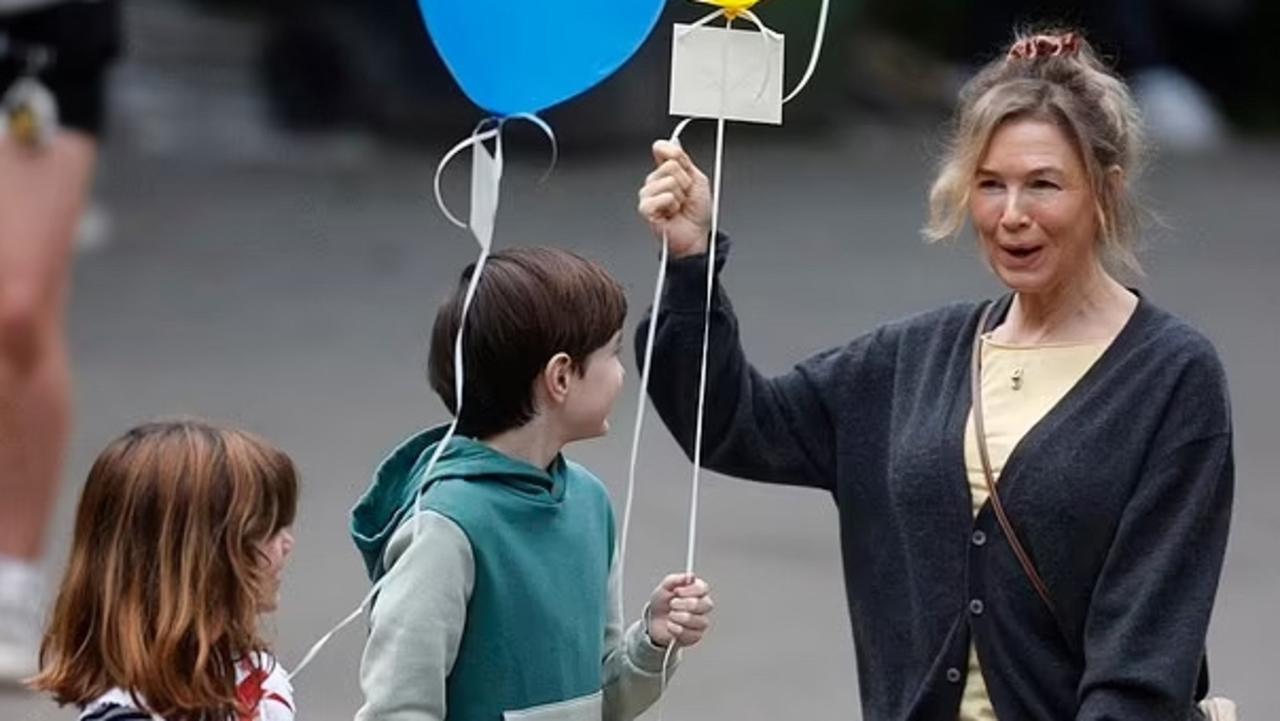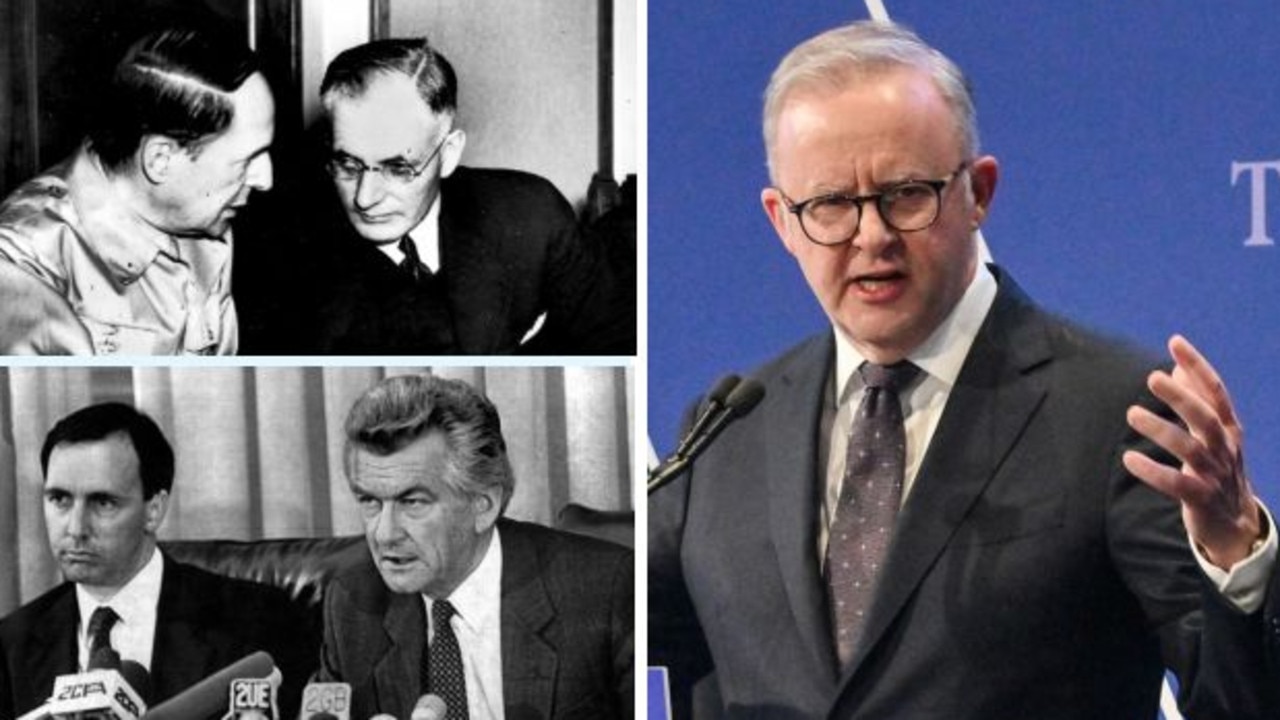Tony Abbott: Australian project denied by obsession with cancel culture
Along with the pandemic, this year has brought many demands for widespread change – but certain vital Australian core elements must never be diminished, writes Tony Abbott.
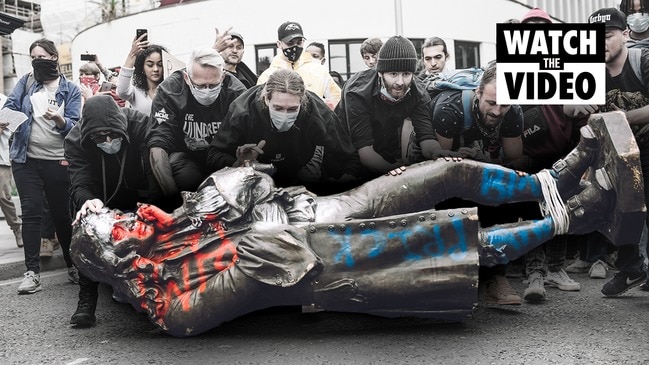
Opinion
Don't miss out on the headlines from Opinion. Followed categories will be added to My News.
With public spending on an unprecedented scale and previously unimaginable restrictions on our daily lives, 2020 hasn’t been a great year for “small government conservatives”.
But with “pandemic pragmatism” tempering the instinct for lower spending and greater freedom, there’s now scope to focus on the other main element in the conservative creed: namely love of country and appreciation of our history.
And there’s more need for that too, as the Australia that emerges from the pandemic will not only have more debt and bigger government.
As things stand, it’s likely to be less self-confident about what holds us together as a nation.
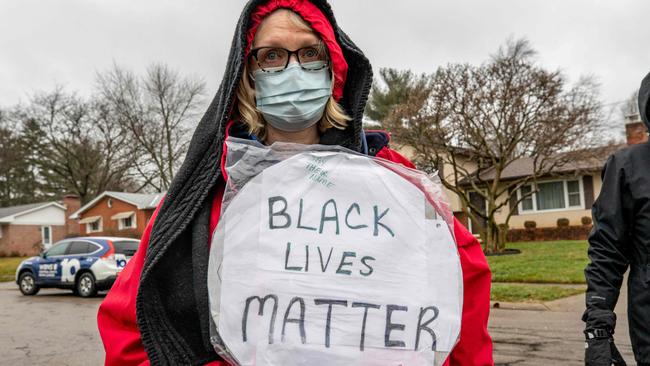
The pandemic has coincided with a renewed assault on our history as fundamentally racist, and requiring atonement, even though Australia had become a magnet to migrants, eventually from all over the world, even while it was still a penal colony.
It can’t have been lost on anyone concerned about political correctness and the cancel culture that police in Victoria failed to make a single arrest when 10,000 people marched for Black Lives Matter, but made 400 arrests at a much smaller protest against ongoing health restrictions.
Yet almost nothing was made of this double standard – partly because the leaders who would normally notice it were preoccupied with the pandemic and trying to make a national cabinet work.
As well as habituating people to accept restrictions on freedom and massive government spending “for our own good”, the pandemic seems to have accelerated the elevation of opinion over fact and how we feel about things over what actually happened.
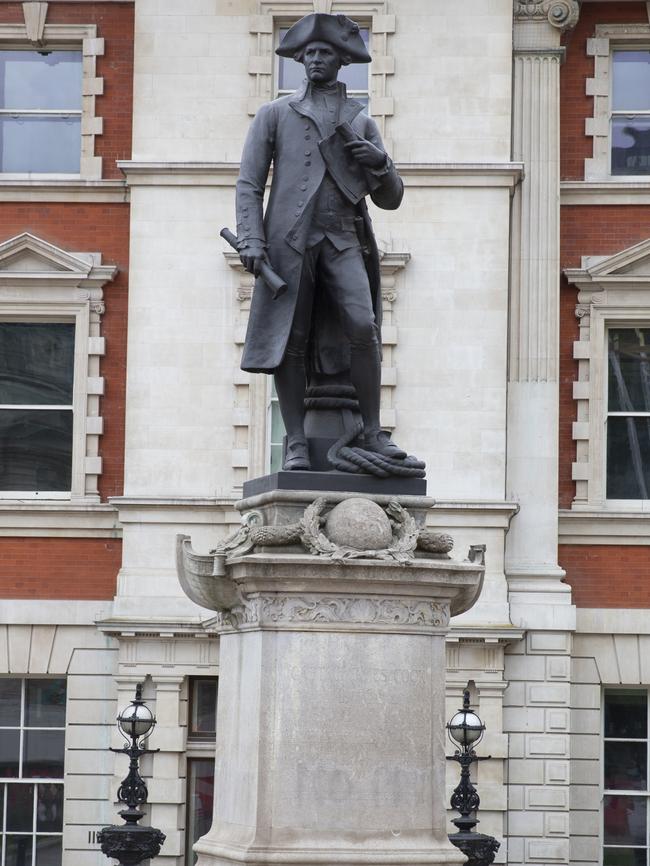
We know that Aboriginal people had inhabited Australia for tens of thousands of years prior to British settlement. Post 1788, their society was disrupted and their population devastated, mostly by disease, occasionally by violence.
They weren’t always given a vote, didn’t usually get the same wage and didn’t often get the same justice.
But we also know that Captain James Cook appreciated the qualities of the Aboriginal people he found; that the British government enjoined Governor Arthur Phillip to “live in amity” with the native people; that Phillip refrained from vindictiveness or punitive measures as a matter of policy, even after he had himself been speared at Manly; and that white men were hanged for the murder of blacks as early as the 1830s after the Myall Creek massacre.
We also know that massive efforts have been made to give Aboriginal people a better life, first by missionaries and later by government.
It’s true that Aboriginal people are hugely over-represented in our gaols, even now.
But that’s because they’re heavily over-represented in our courts and crime statistics; as are all people, regardless of background, who don’t finish school, don’t have jobs and live in dysfunctional households.
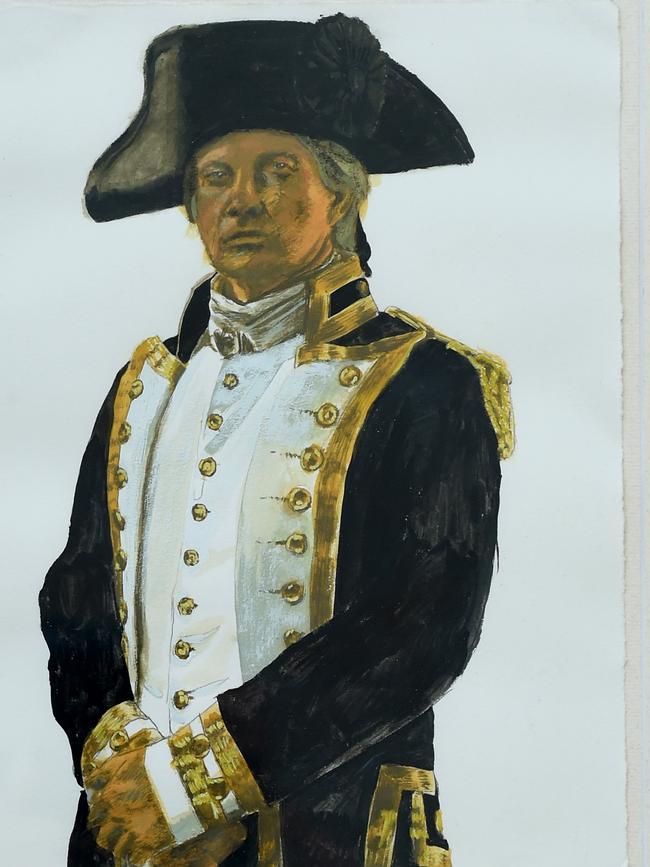
At least as much as some belated measure of recognition in the Constitution, Aboriginal people need to go to school and to take jobs at the same rate as other Australians, for reconciliation to be complete.
In the end, cancel culture is not about correcting a particular injustice or righting a particular historical wrong. It denies moral legitimacy to the whole Australian project, just as it also does in the United States and Britain.
You can argue that things could have been done better and that more must be done now; but it’s hard to maintain that British settlement should not have happened; or that, on balance, it wasn’t a golden moment in human history.
On balance, it was a blessing that the British settled Australia. It’s hard to imagine a contemporary Portuguese, Spanish or French governor declaring, as Phillip did, that there could be “no slavery in a free land”.
Even in those days, it was the Royal Navy that was doing its best to extirpate the West African slave trade to the Americas.
There are now calls for a pandemic-triggered “great reset” from the globalist establishment.
This won’t just mean entrenching bigger government and higher spending.
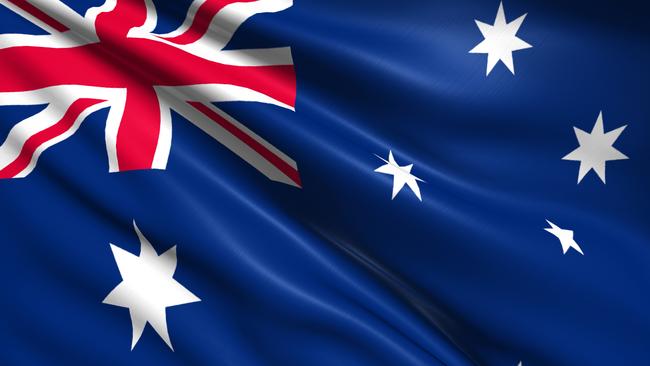
Inevitably, it will also involve a new push to fundamentally rethink institutions that have stood the test of time.
In Australia, this always translates into agitation to change our flag and to remove the crown from our constitution.
Yet it’s dead wrong to see only the flag of another country (albeit our founder) within our own, rather than the crosses of St Patrick, St Andrew and St George representing our Christian heritage; or to neglect the symbolism of the Southern Cross with its significance to indigenous people.
It’s wrong to focus on a “foreign monarch” when that crown – and the ideals of duty and service that we have assimilated – has been with us every step of our journey as a nation.
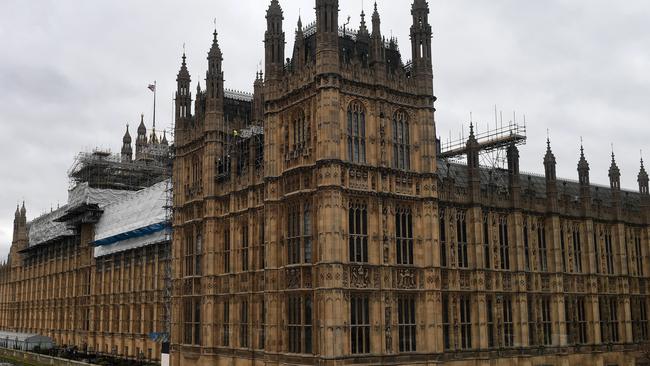
Besides, it’s vandalism to demolish anything when there’s nothing better to replace it; and it’s arrogance in any one generation to think that its collective wisdom wholly surpasses that of every predecessor.
Our response to the Black Lives Matter protests was too apologetic.
Instead of looking the other way while their statues were graffitied, we should have resolved to end the neglect of people like Cook and Phillip because, without them, there would have been no Australia.
Cook was a scientist and a humanist, as well as one of the greatest explorers in all history.
Phillip didn’t so much found a penal colony as begin a nation; whose freedom, fairness and prosperity quickly became the envy of the Earth.
Instead of empathising with the would-be statue toppers, there should be a renewed emphasis on the wondrous legacy of the English-speaking version of Western Civilisation: including the world’s common language, the industrial revolution, the mother of parliaments, and the emancipation of minorities.
That perspective is at least as worthy of permeating the national curriculum as the currently-ordained indigenous, sustainability, and Asian ones.
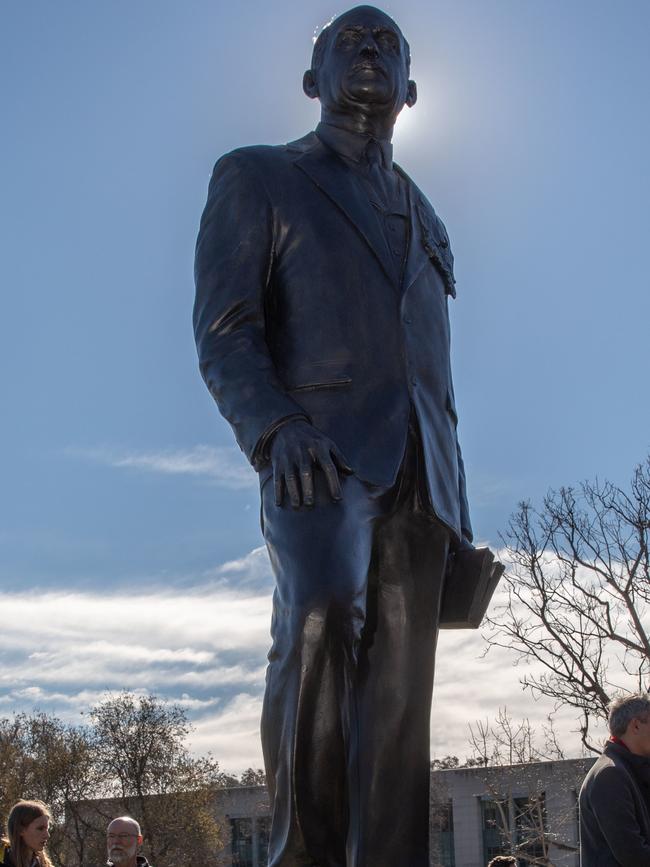
And if there are too many statues to by-gone imperial potentates, let’s add a few more to those who should be Australian icons.
To Sir John Monash, for instance, the Jewish citizen-soldier, hailed as “the most resourceful general in the British Army”, who broke the stalemate on the Western Front and helped to deliver victory in the Great War.
And to Lord Florey, the inventor of penicillin, that’s saved literally hundreds of millions of lives.
And if there’s too many “dead white males”, let’s enlarge our history, not rewrite it and be less blinkered about those who have made a difference.
People like Neville Bonner, for instance, the first Indigenous member of the Australian parliament; and Dame Enid Lyons, our first female cabinet minister.
Neither of whom, as yet, seem to have statues in their honour.
The pandemic will pass. What should never pass is respect for the people and the institutions that have made modern Australia.
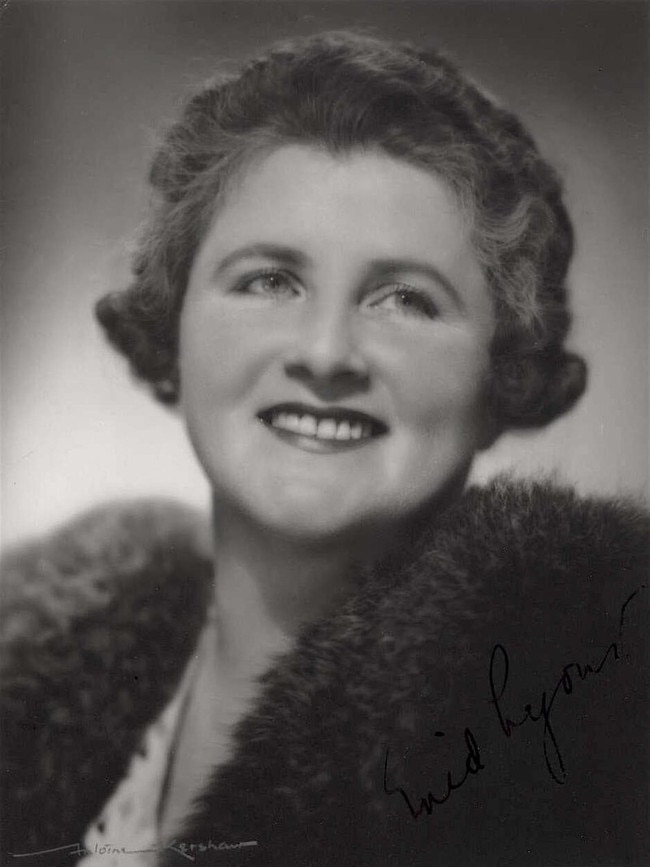
The economy will never be unimportant; because there can be no community without an economy to sustain it.
But post-pandemic, conservatives are likely to be patriots first and economic reformers second.
The coming campaign admonition might as well be “society, stupid”; because one thing the pandemic has helped to clarify is the new fault line in politics: not between those who want bigger and those who want smaller government, but between those who are proud of their country and those who can’t help wanting to remake it.
Of course, those with a preference for freedom and a concern for lasting prosperity still have to “fight the good fight” but also to focus even more on the one main element of conservatism that’s not in temporary eclipse.
Namely love of country, with all that involves: respect for our institutions, pride in our history and faith in our future.
(This is a book extract from Cancel Culture and the Left’s Long March, edited by Kevin Donnelly, to be released in 2021.)


